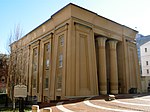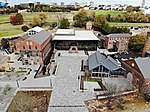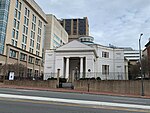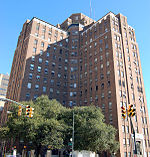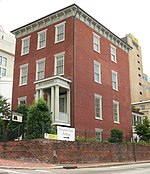VCU Center for Rehabilitation Science and Engineering
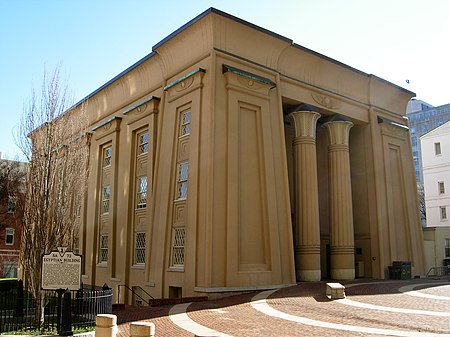
The Virginia Commonwealth University (VCU) Center for Rehabilitation Science and Engineering (CERSE) is a comprehensive, interdisciplinary, University-approved Center of Excellence furthering the science and serving the needs of persons with disabilities. CERSE is administrated and coordinated by the Department of Physical Medicine and Rehabilitation, funded through the VCU Office of Research, the School of Medicine, the Department of Physical Medicine and Rehabilitation (PM&R), and the Virginia Department of Rehabilitative Services (DRS). CERSE serves as the mechanism for coordination, consolidation, and support of evidence based disability research endeavors from multiple schools and departments at VCU and a number of affiliate organizations. In partnership with the clinical services provided through the VCU Medical Center, the Hunter Holmes McGuire VA Medical Center (VAMC), Sheltering Arms Rehabilitation Programs, VCU Children’s Hospital of Richmond, the U.S. Navy, the U.S. Marine Corps and other affiliated programs, CERSE has brought together researchers, clinicians, rehabilitation specialists, therapists, and academicians from the numerous backgrounds and specialties. These collaborations optimize resources, avoid duplication of effort, and increase the capacity to successfully compete for high-level grant and foundation funding. CERSE is currently composed of seven Research Cores built on the strength of existing disability research and training: Neurorehabilitation Musculoskeletal and Pain Rehabilitation Employment and Economic Outcomes Defense and Veterans Rehabilitation Pediatric Rehabilitation Rehabilitation Engineering and Technology Health Disparities Scholars from each of these areas are actively engaged in numerous on-going research efforts. Additionally, CERSE has developed an integrated research development service to support rehabilitation research with a variety of supports and activities. CERSE has numerous on-going training and knowledge translation efforts, and an emerging development and fundraising effort.
Excerpt from the Wikipedia article VCU Center for Rehabilitation Science and Engineering (License: CC BY-SA 3.0, Authors, Images).VCU Center for Rehabilitation Science and Engineering
East Marshall Street, Richmond Shockoe Slip
Geographical coordinates (GPS) Address Phone number Website Nearby Places Show on map
Geographical coordinates (GPS)
| Latitude | Longitude |
|---|---|
| N 37.540276 ° | E -77.42921 ° |
Address
VCU Medical Center
East Marshall Street 1250
23219 Richmond, Shockoe Slip
Virginia, United States
Open on Google Maps
